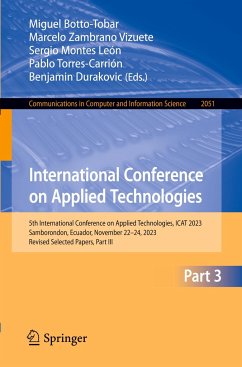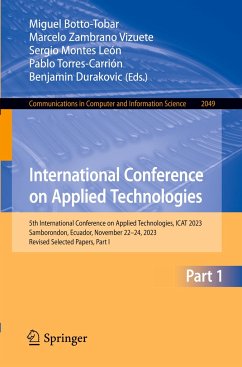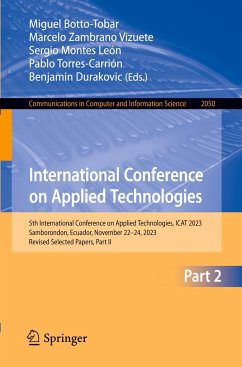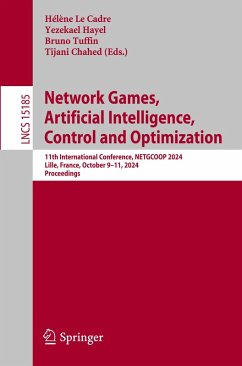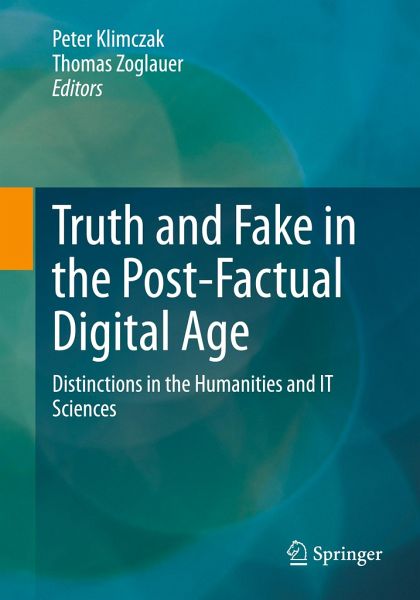
Truth and Fake in the Post-Factual Digital Age
Distinctions in the Humanities and IT Sciences
Herausgegeben: Klimczak, Peter; Zoglauer, Thomas

PAYBACK Punkte
19 °P sammeln!
The increase in fake news, the growing influence on elections, increasing false reports and targeted disinformation campaigns are not least a consequence of advancing digitalisation. Information technology is needed to put a stop to these undesirable developments. With intelligent algorithms and refined data analysis, fakes must be detected more quickly in the future and their spread prevented. However, in order to meaningfully recognize and filter fakes by means of artificial intelligence, it must be possible to distinguish fakes from facts, facts from fictions, and fictions from fakes. This ...
The increase in fake news, the growing influence on elections, increasing false reports and targeted disinformation campaigns are not least a consequence of advancing digitalisation. Information technology is needed to put a stop to these undesirable developments. With intelligent algorithms and refined data analysis, fakes must be detected more quickly in the future and their spread prevented. However, in order to meaningfully recognize and filter fakes by means of artificial intelligence, it must be possible to distinguish fakes from facts, facts from fictions, and fictions from fakes. This book therefore also asks questions about the distinctions of fake, factual and fictional. The underlying theories of truth are discussed, and practical-technical ways of differentiating truth from falsity are outlined. By considering the fictional as well as the assumption that information-technical further development can profit from humanities knowledge, the authors hope that content-related, technical and methodological challenges of the present and future can be overcome.






